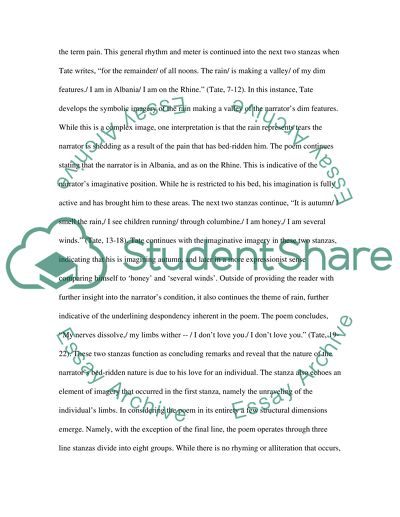Cite this document
(“Why I will not Get Out of Bed by James Tate Essay”, n.d.)
Retrieved from https://studentshare.org/literature/1420808-why-i-will-not-get-out-of-bed-by-james-tate
Retrieved from https://studentshare.org/literature/1420808-why-i-will-not-get-out-of-bed-by-james-tate
(Why I Will Not Get Out of Bed by James Tate Essay)
https://studentshare.org/literature/1420808-why-i-will-not-get-out-of-bed-by-james-tate.
https://studentshare.org/literature/1420808-why-i-will-not-get-out-of-bed-by-james-tate.
“Why I Will Not Get Out of Bed by James Tate Essay”, n.d. https://studentshare.org/literature/1420808-why-i-will-not-get-out-of-bed-by-james-tate.


